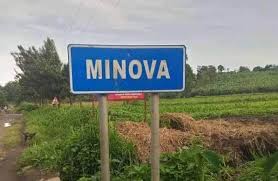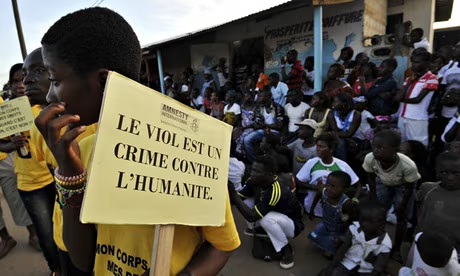In 2008 and 2009, IHRDA began engaging with the Children’s Court as part of its collaboration with the Judiciary of The Gambia towards the establishment of a new legal aid system in The Gambia. During this time, it became apparent that many of the cases before the Children’s Court had stalled due to lack of lawyers to represent the affected children.
In 2010, IHRDA began a project, with the support of the Canadian Fund for Local Initiatives (CFLI), to provide the legal aid necessary for advancing stalled cases involving children before the Children’s Court in The Gambia. Under the Children’s Act of The Gambia, it is mandatory for children charged with criminal offences to be represented in court.
To enable IHRDA determine which children to assist under the project, a set of criteria was developed to select cases which deserved most urgent attention. Selection was necessary given that only 20 cases of the many in the docket of the Children’s Court could be handled by this project.
IHRDA has worked with members of the Gambia Bar Association in a bid to select lawyers to handle the cases. Lawyers have been selected based on their knowledge and experience in representing children in trials, demonstrated commitment to pro bono legal work, and familiarity with the practice of the Children’s Court. A high premium has been placed on selection of lawyers as they are central to achieving the objective of the project, which is ensuring that the affected children have a fair trial. Lawyers have therefore committed to ensure progress on the cases and providing the best possible legal representation to the child clients.
IHRDA is also committed to support the lawyers with legal research where needed. This is aimed at encouraging cross pollination and mutual sharing of knowledge and skills on best practices in litigation of children’s cases and promoting the use of regional and international procedural and jurisprudential standards.
The Children’s Court has been purposive in seeking the realisation of the project objectives from 2008 to date. As the cases have been selected and lawyers assigned to cases, the Court has sought to notify the state prosecutorial authorities to prepare for trial in these long stalled cases. Trials begin in the March-April period.
This legal aid to children project is part of IHRDA’s commitment to improving access to justice in The Gambia, and particularly through legal aid. IHRDA has worked intensively with the Attorney-General’s Chambers and the Ministry of Justice, since 2005, for the establishment of a viable and sustainable legal aid system in The Gambia. This project saw the drafting of and enactment the Legal Aid Act 2008, to replace the Poor Persons’ Defence Act of 1992. This enactment, in addition to greatly improving the scope, eligibility and administrative framework of legal aid, also fulfils a recommendation of the African Commission on Human and Peoples’ Rights decision in the case Purohit and Moore v The Gambia. In this case, the African Commission found the Poor Persons’ Defence Act inadequate to provide reasonable legal remedies for persons in need and urged appropriate legislative reform.
The enactment of the Legal Aid Act has also seen the creation of the National Agency for Legal Aid (NALA).




